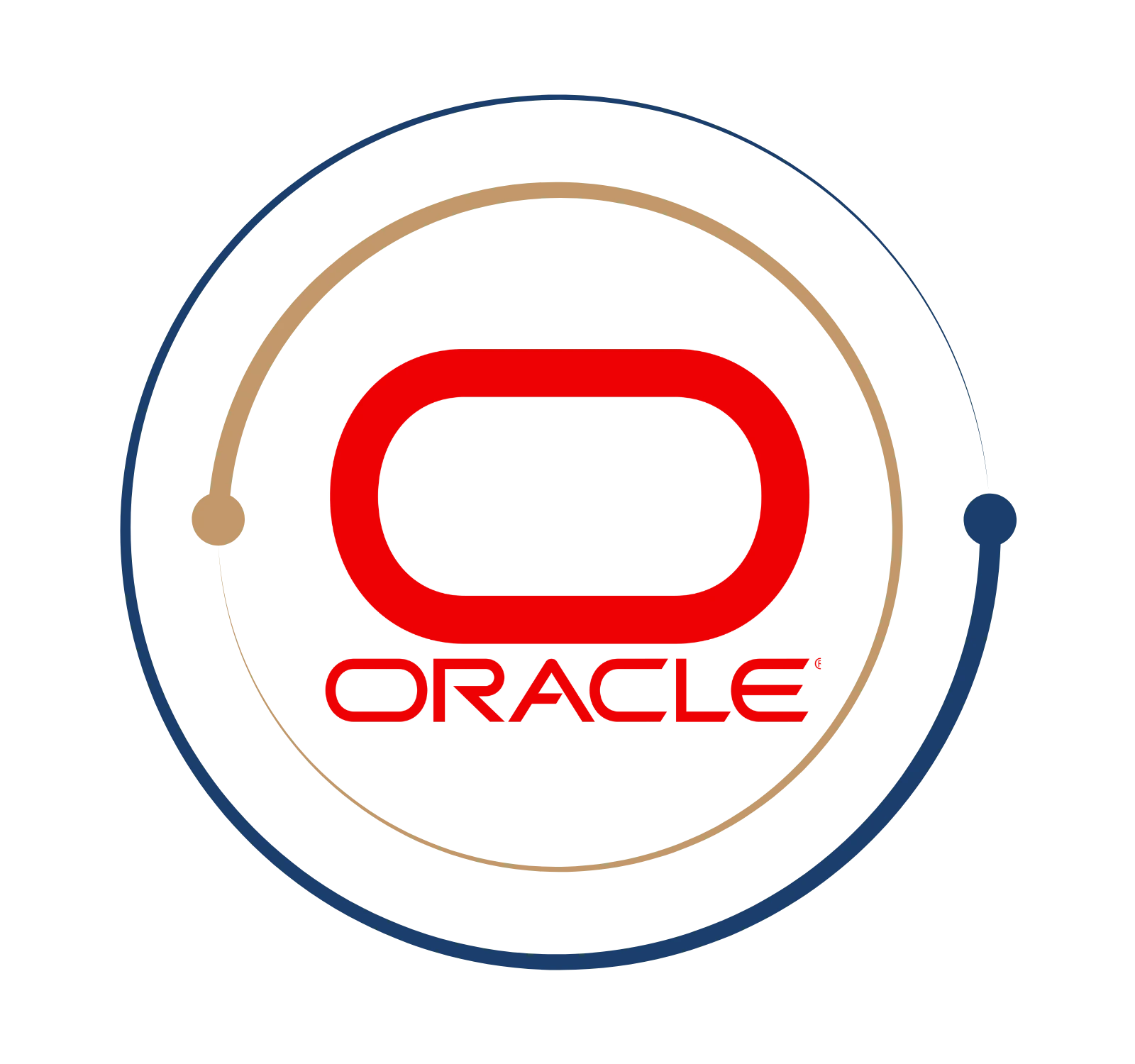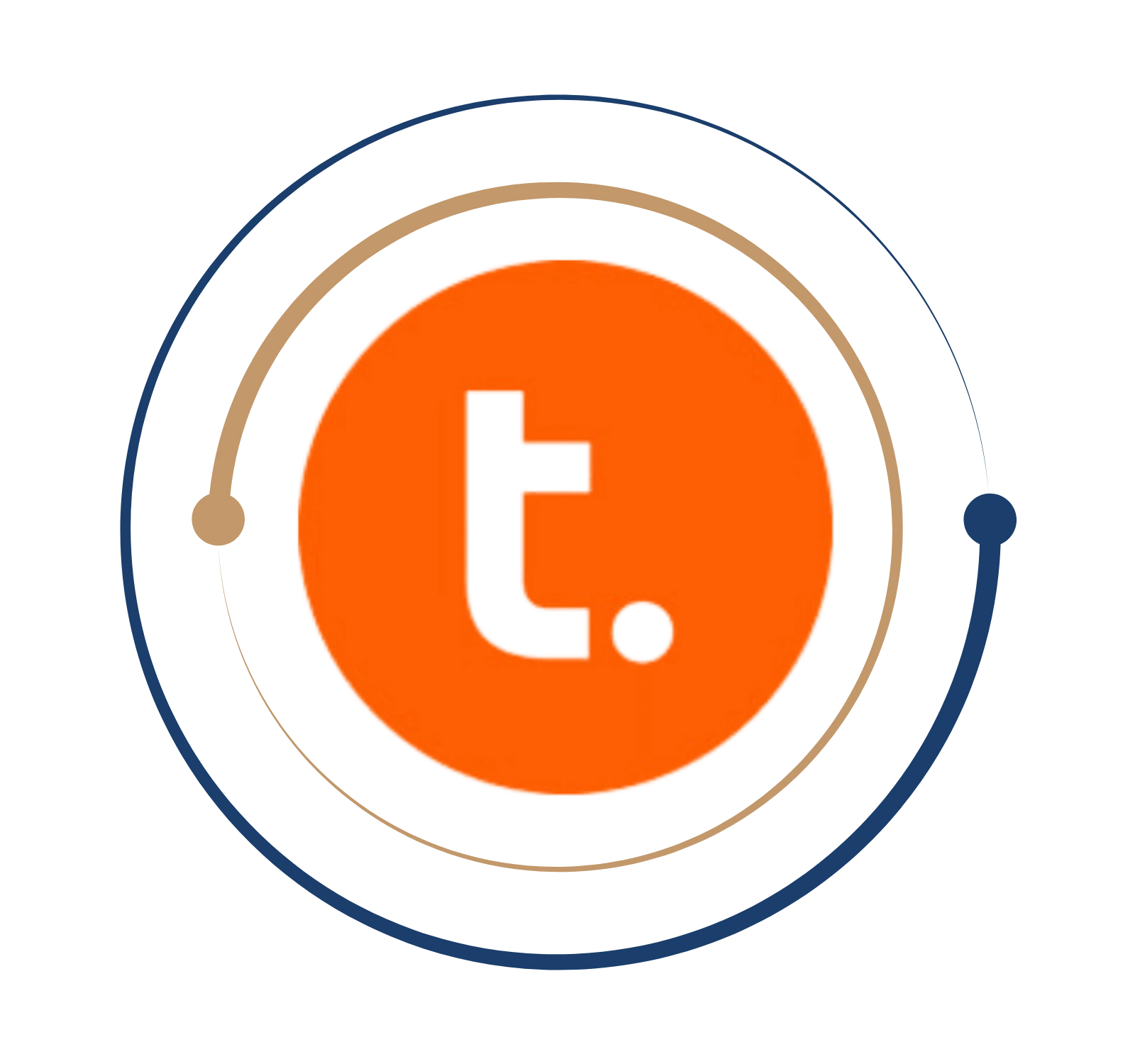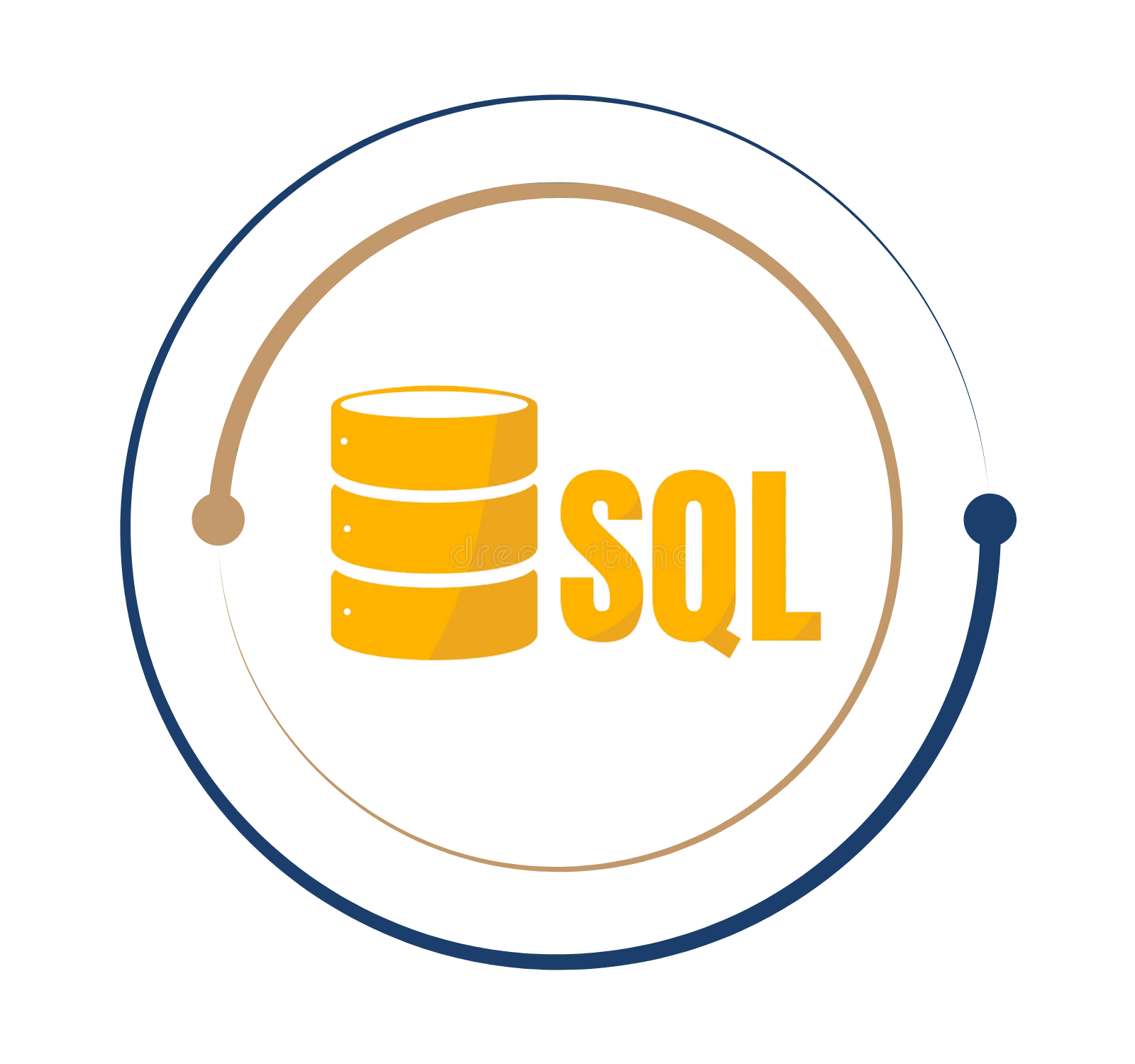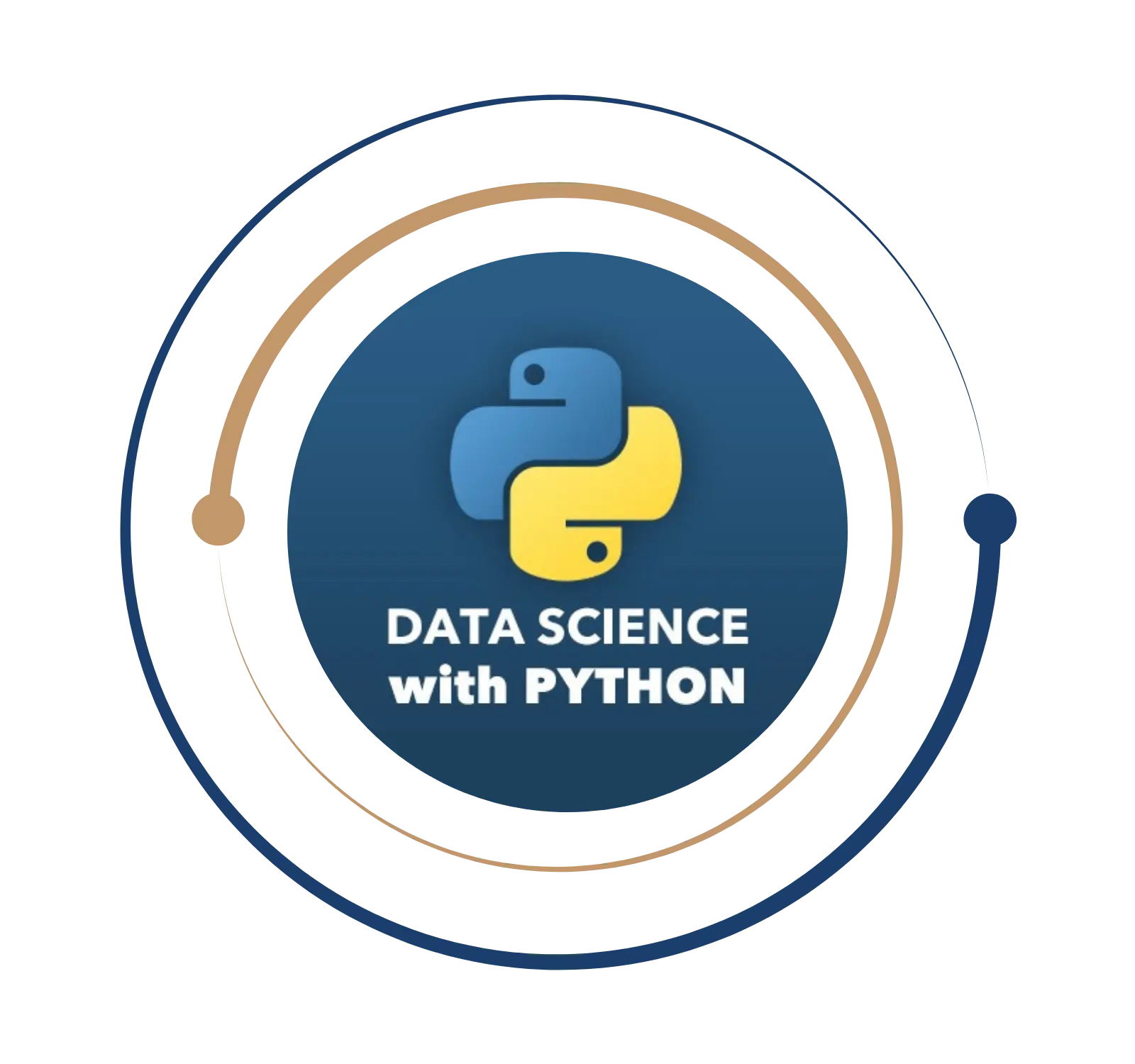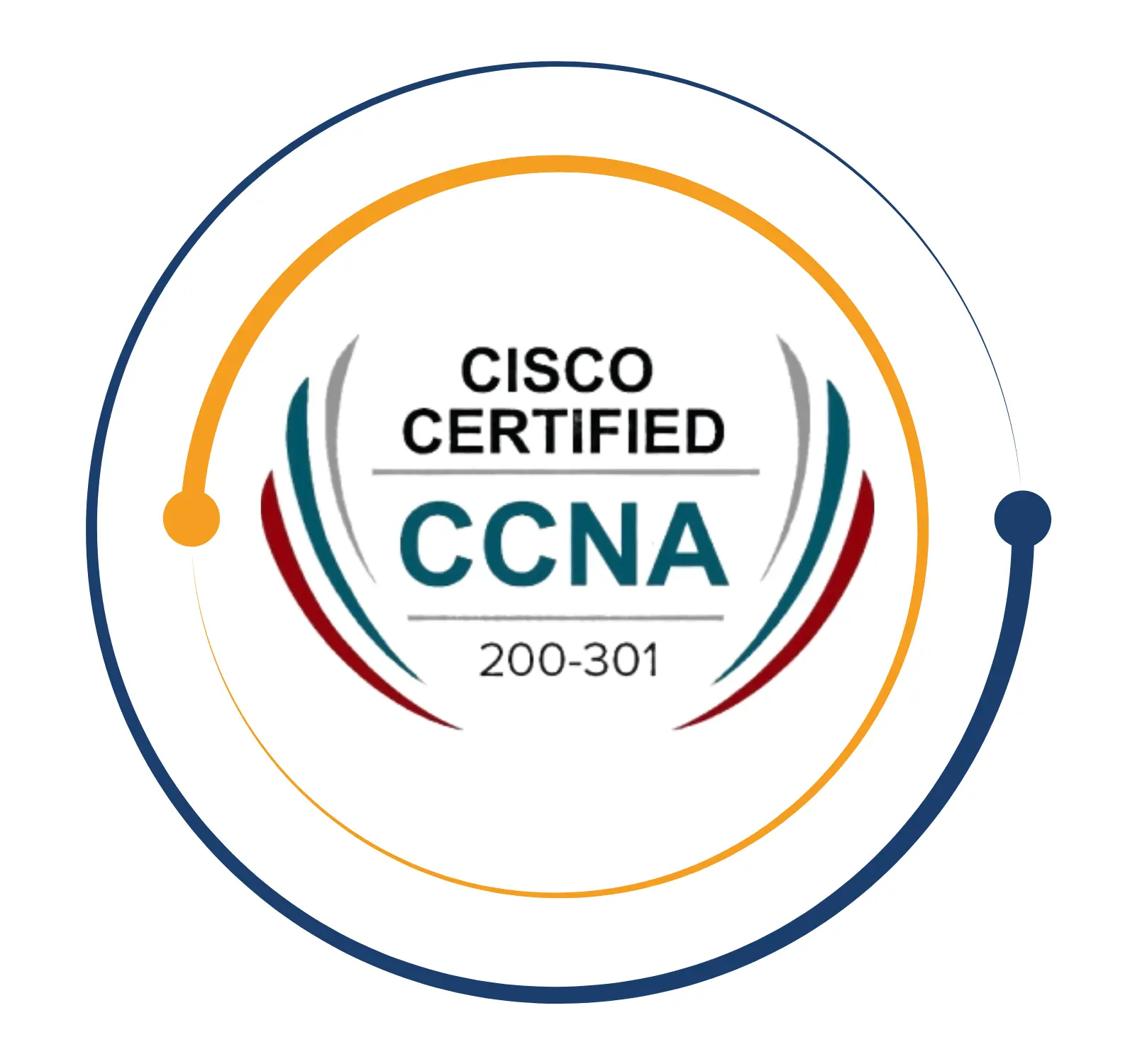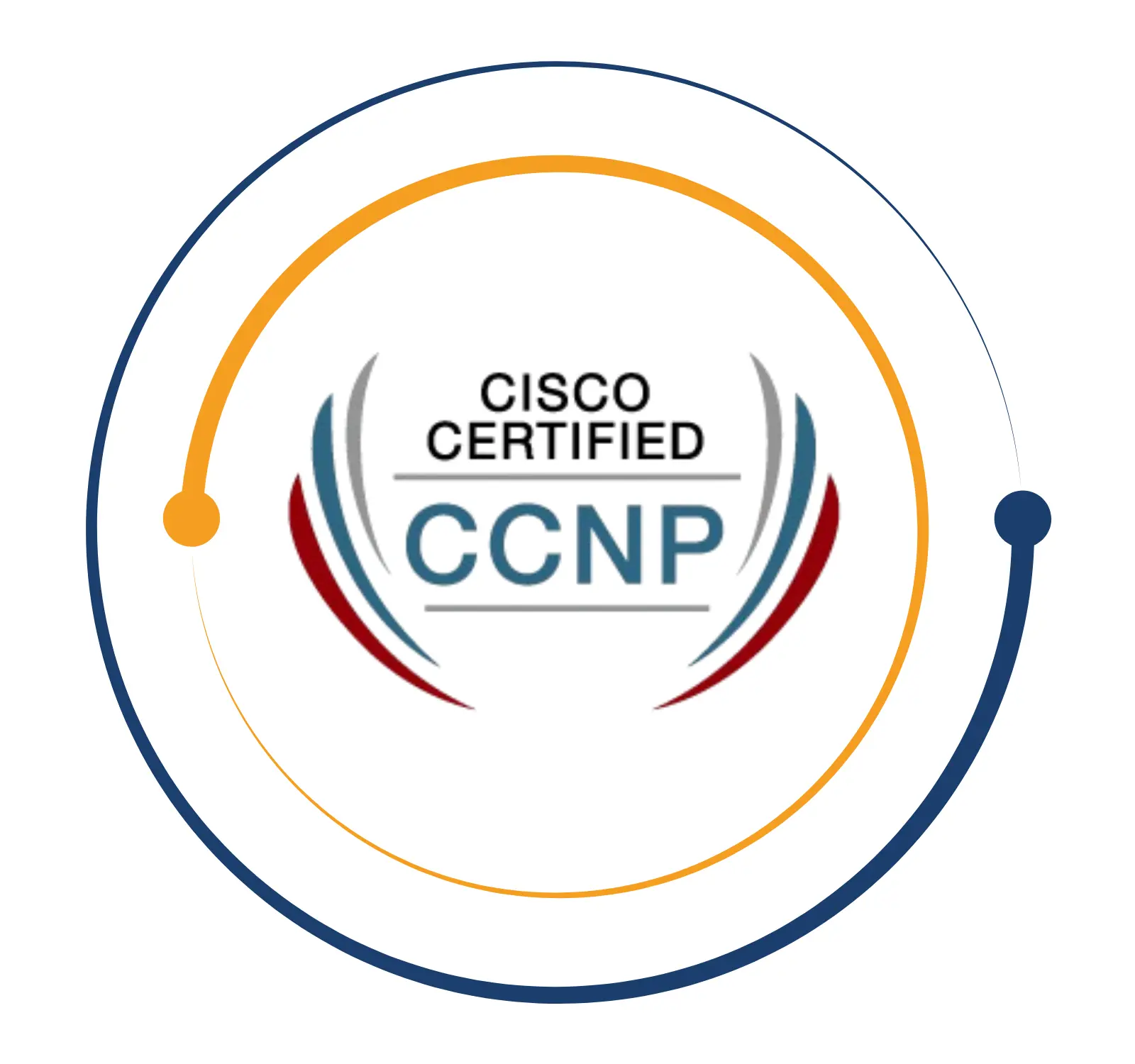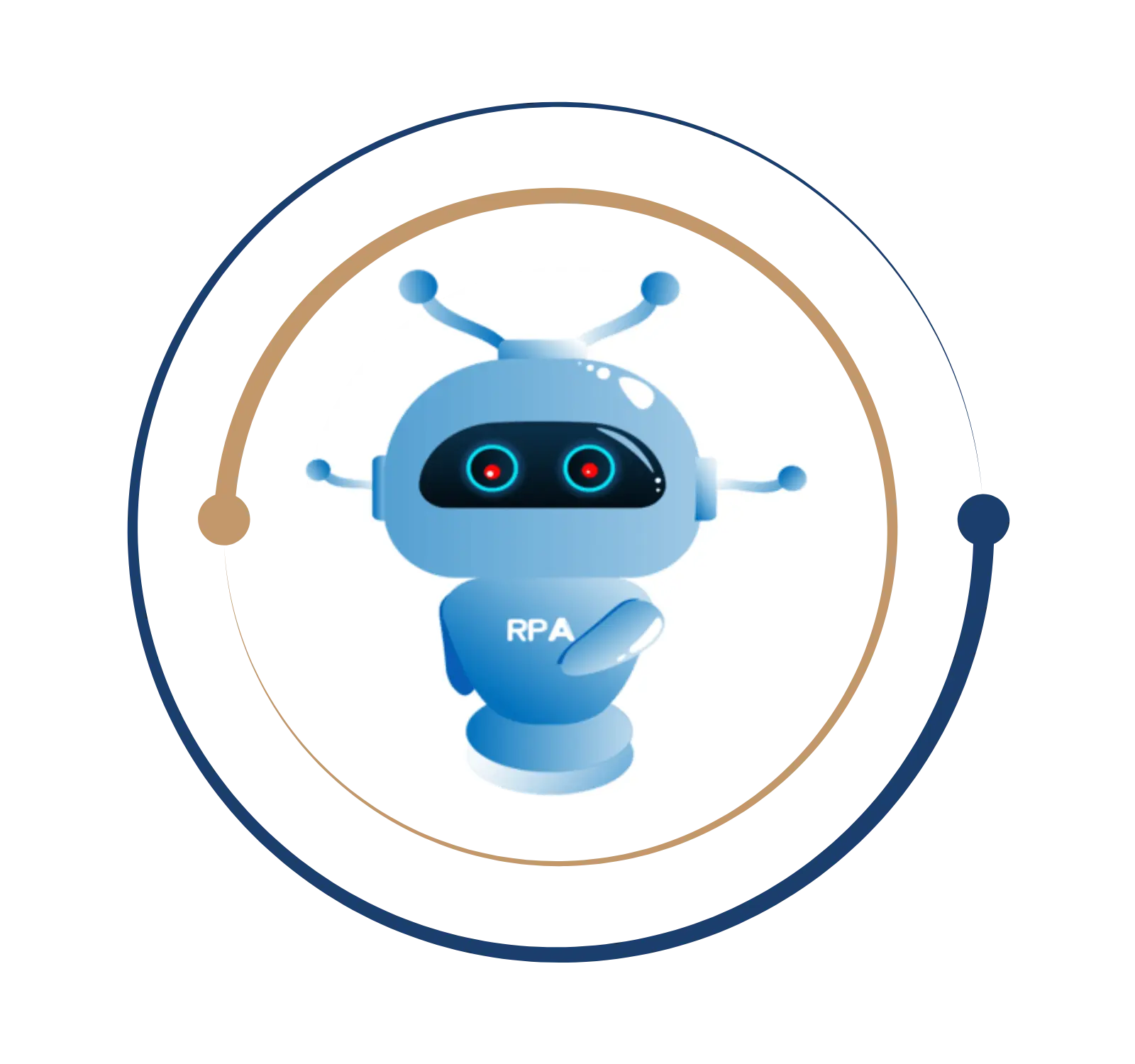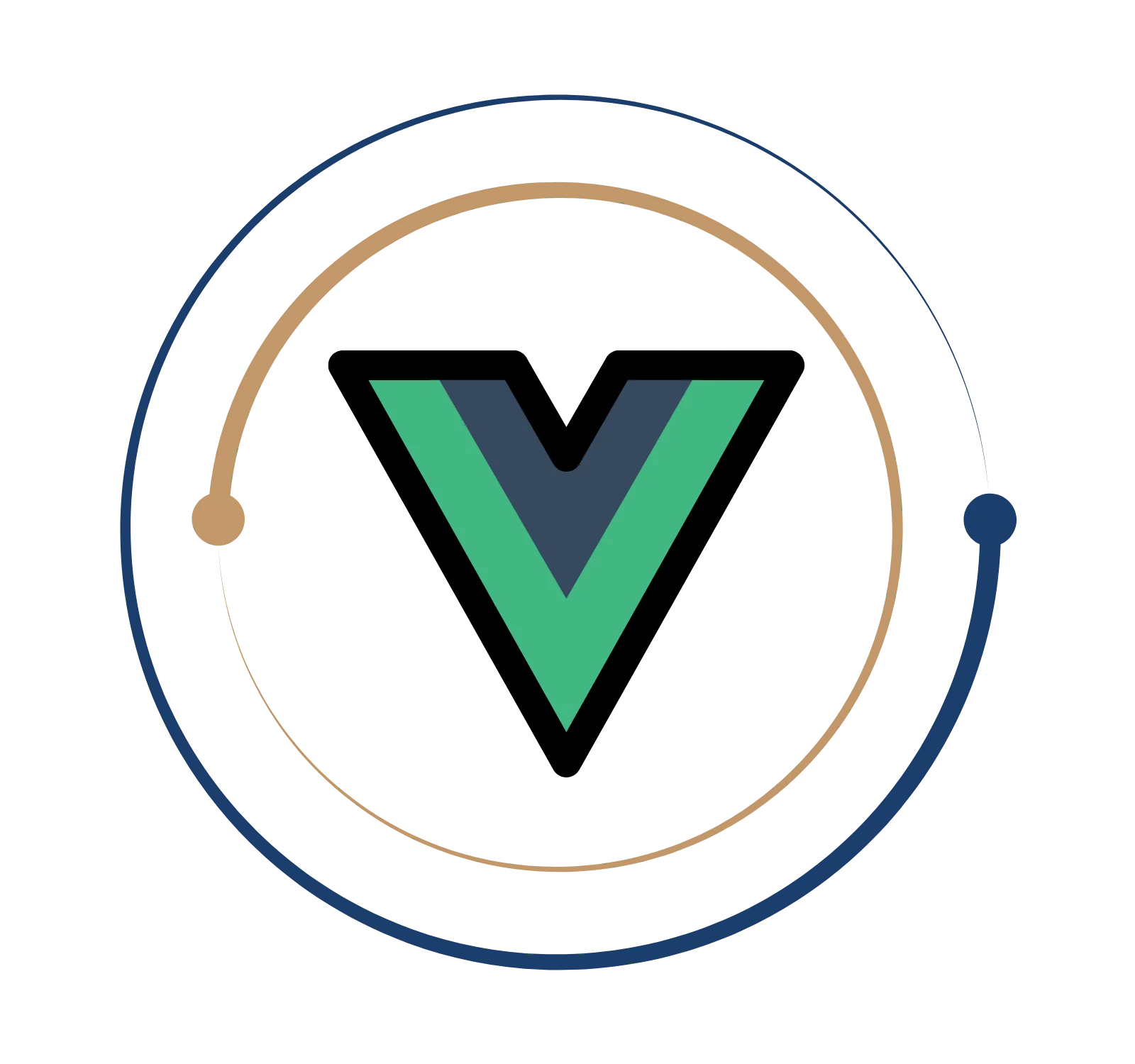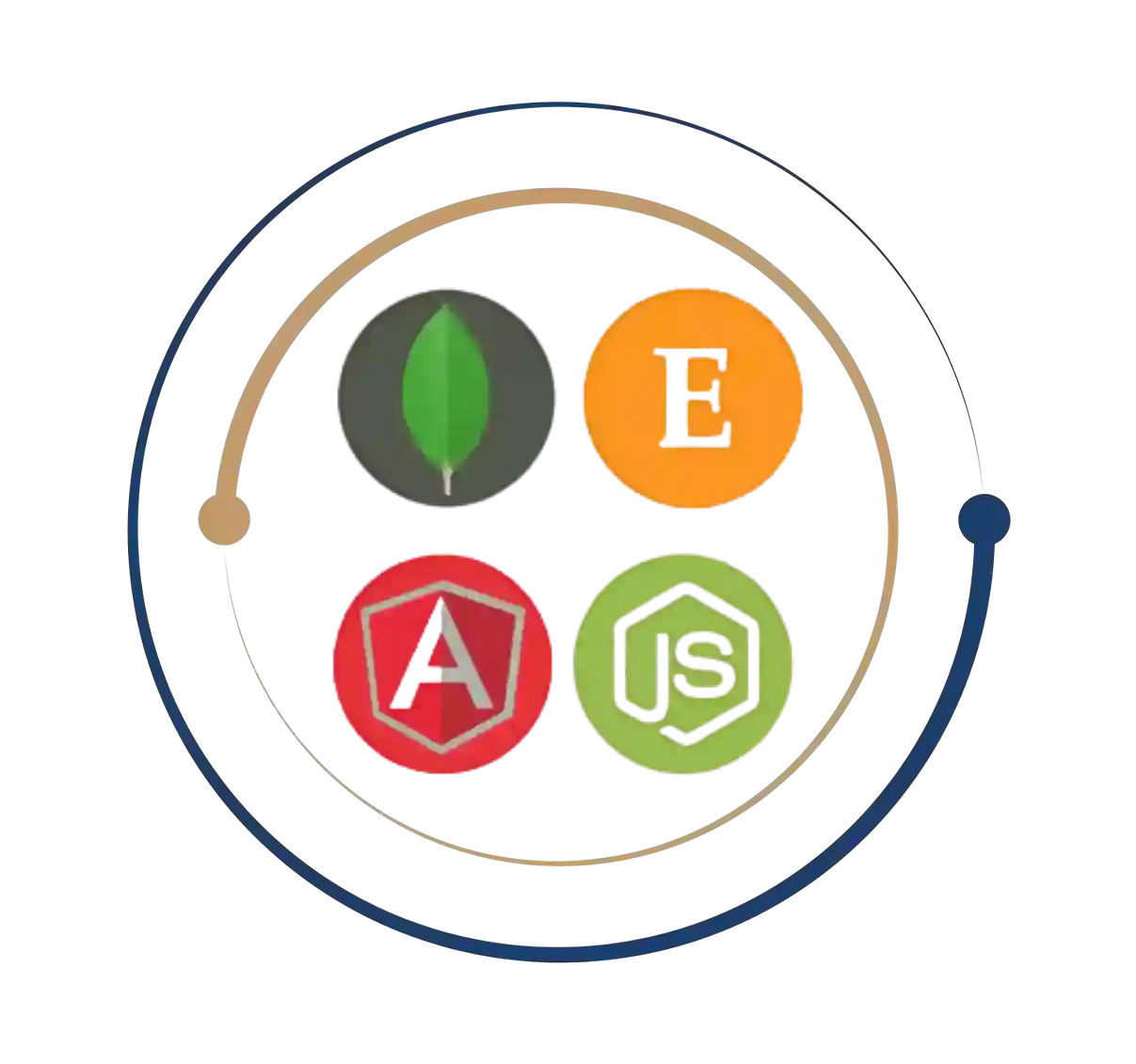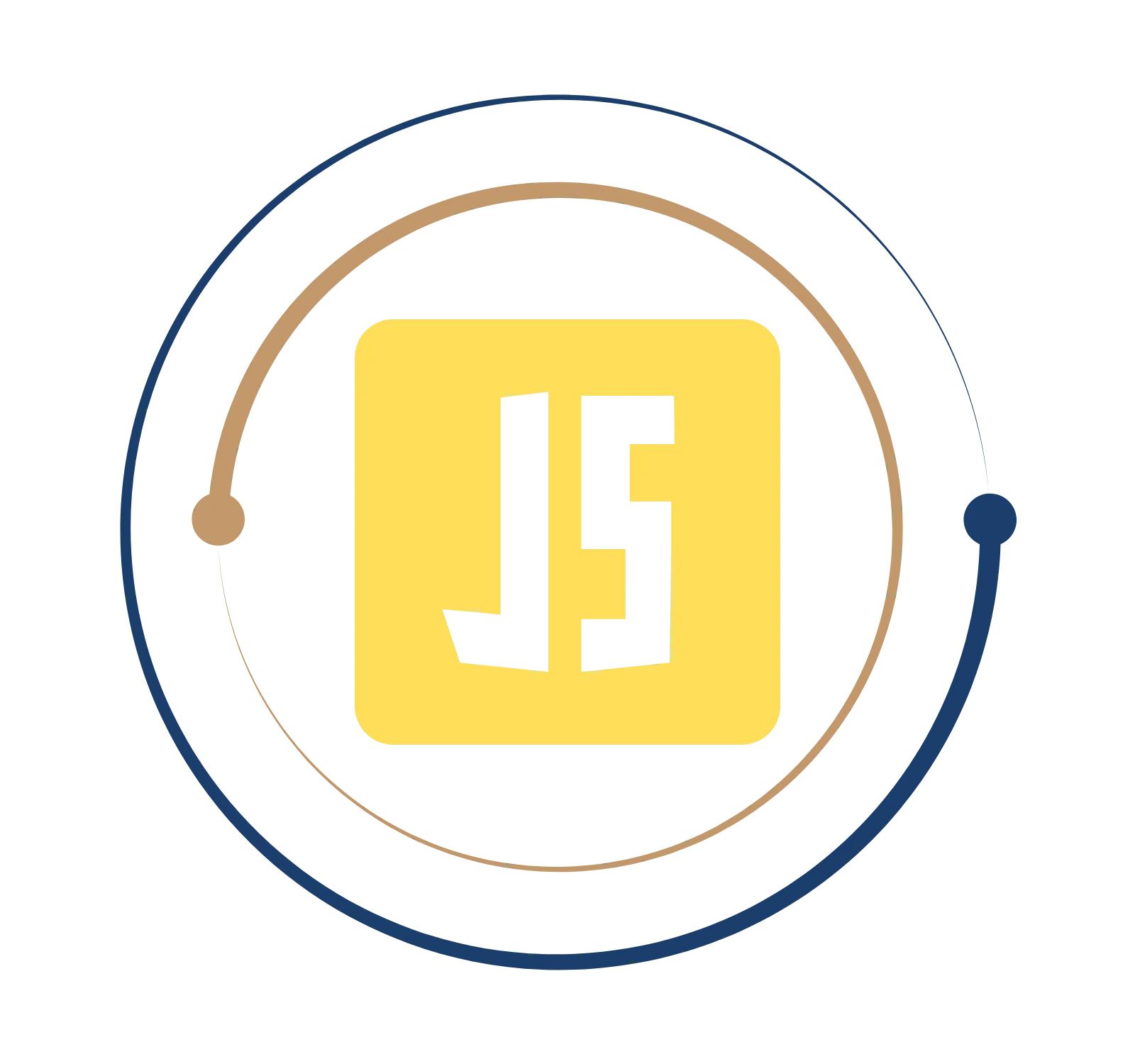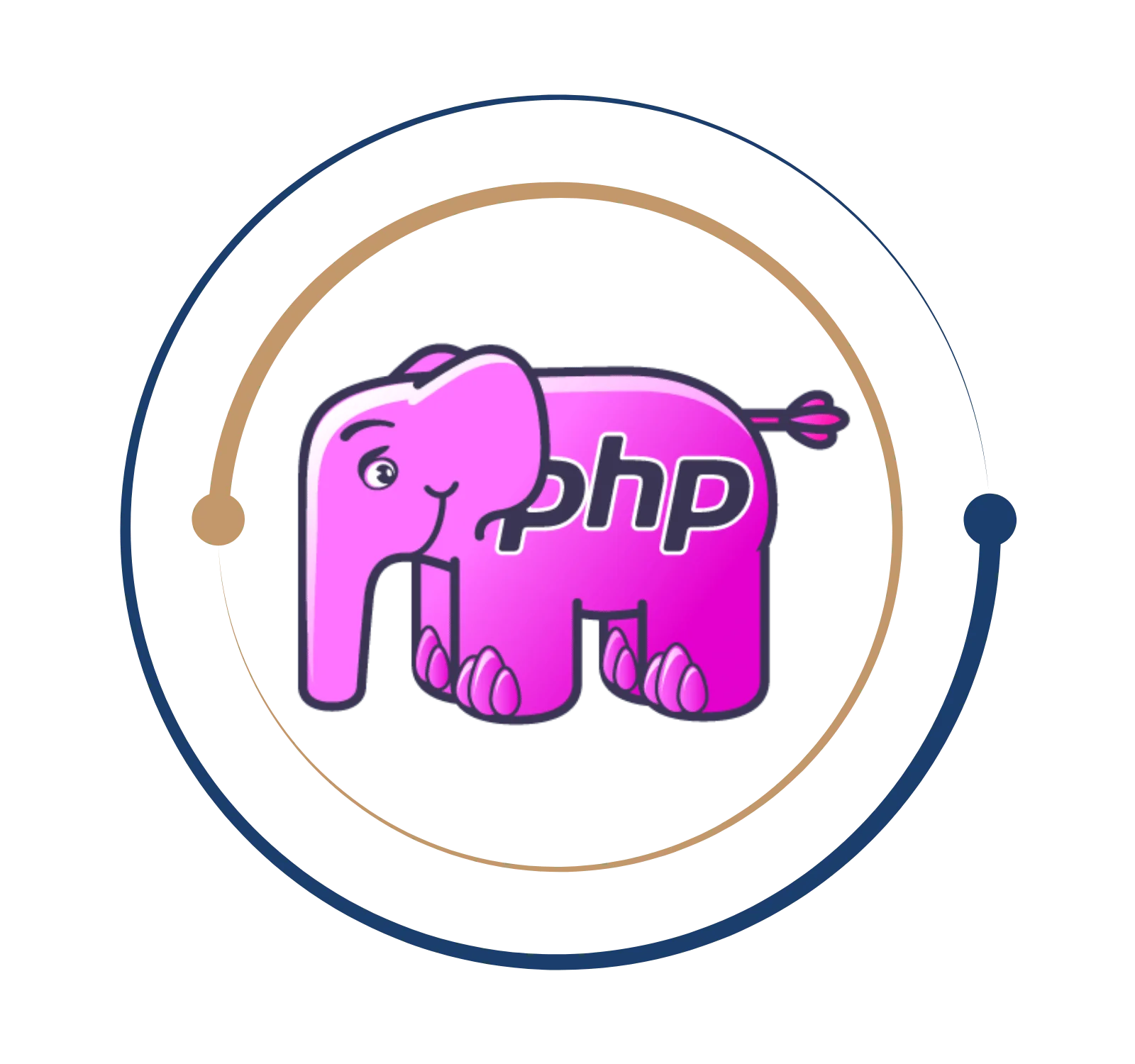Unlock the power of NoSQL databases with hands-on MongoDB learning
MongoDB Training in Chennai
Are you looking for a NoSQL Database? Then, MongoDB is the right pick for you. MongoDB Training in Chennai at the best full-stack development institution. Mongo is easy to learn and is in high demand in the job market for web developers familiar with Mongo. Due to changing trends, the NoSQL database has been added to the required skill list. MongoDB Course Designed for both experienced and non-experienced students and our Mentors makes you a comprehensive expert. This module will teach you how to create databases, tables, and indexes and work with the data stored in the tables. You will also acquire the skills needed to design a database schema.
MongoDB is a cross-platform database that offers high performance, high availability and easy scalability. MongoDB Inc. MongoDB’s documentation model developed by MongoDB is easy for developers to learn and use. Still, it provides all the functionality you need to meet the most complex requirements of all sizes. It is also known as a NoSQL database program; MongoDB uses JSON-like documentation with an optional schema.
MongoDB Training in Chennai
Are you looking for a NoSQL Database? Then, MongoDB is the right pick for you. MongoDB Training in Chennai at the best full-stack development institution. Mongo is easy to learn and is in high demand in the job market for web developers familiar with Mongo. Due to changing trends, the NoSQL database has been added to the required skill list. MongoDB Course Designed for both experienced and non-experienced students and our Mentors makes you a comprehensive expert. This module will teach you how to create databases, tables, and indexes and work with the data stored in the tables. You will also acquire the skills needed to design a database schema.
What is MongoDB?
MongoDB is a cross-platform database that offers high performance, high availability and easy scalability. MongoDB Inc. MongoDB’s documentation model developed by MongoDB is easy for developers to learn and use. Still, it provides all the functionality you need to meet the most complex requirements of all sizes. It is also known as a NoSQL database program; MongoDB uses JSON-like documentation with an optional schema.
Advantages of MongoDB
- MongoDB is an entirely cloud-based application data platform. MongoDB’s cloud offering gives you access to a collection of services. These services integrate well with the Database—ready-to-use multi-cloud deployment with all major cloud providers.
- MongoDB’s document model makes it easy to model and edit virtually any data structure. MongoDB’s JSON-inspired BSON data format allows collections to include objects with different fields.
- MongoDB helps in growing express schemas and validating facts. This flexibility is an outstanding asset while dealing with real-global points and adjustments in necessities or environment.
- MongoDB’s decision to store and display data in document format means that any language can access the data in a language-specific data structure.
- You can also use the MongoDB query API to dig deeper into the document and run complex analysis pipelines with a few lines of declarative code.
- MongoDB is designed from scratch as a distributed database. Build clusters with real-time replication and split extensive or high-throughput collections into multiple groups to maintain and scale performance.
- Another essential feature is that it is a document database that contains various documents in a collection. The number of fields, content, and document size vary from record to record. It also uses internal storage to store the working set, which speeds up access to your data.
What will you learn in MongoDB?
It is the best DB solution and will teach you the core knowledge for building apps around Mongo. Learn the basics of Mongo, including collections, validations, and common ways to work with datasets. MongoDB Training in Chennai helps you learn about the Mongoose Js library, which plays a vital role in interface with Mongo. Learn the advanced features of Mongoose to save development time. Learn how to integrate MongoDB with tools such as Jaspersoft, and learn about backup and restore options. MongoDB’s data model is a very elastic model that can store a combination of data of multiple data types. The MongoDB course gives you in-depth insights into indexes. You will be expertise in efficiently indexing your array of fields once you complete the course. Learn the concepts of transactions and locks with MongoDB.
MongoDB is a cross-platform database that offers high performance, high availability and easy scalability. MongoDB Inc. MongoDB’s documentation model developed by MongoDB is easy for developers to learn and use. Still, it provides all the functionality you need to meet the most complex requirements of all sizes. It is also known as a NoSQL database program; MongoDB uses JSON-like documentation with an optional schema.
- MongoDB is an entirely cloud-based application data platform. MongoDB’s cloud offering gives you access to a collection of services. These services integrate well with the Database—ready-to-use multi-cloud deployment with all major cloud providers.
- MongoDB’s document model makes it easy to model and edit virtually any data structure. MongoDB’s JSON-inspired BSON data format allows collections to include objects with different fields.
- MongoDB helps in growing express schemas and validating facts. This flexibility is an outstanding asset while dealing with real-global points and adjustments in necessities or environment.
- MongoDB’s decision to store and display data in document format means that any language can access the data in a language-specific data structure.
- You can also use the MongoDB query API to dig deeper into the document and run complex analysis pipelines with a few lines of declarative code.
- MongoDB is designed from scratch as a distributed database. Build clusters with real-time replication and split extensive or high-throughput collections into multiple groups to maintain and scale performance.
- Another essential feature is that it is a document database that contains various documents in a collection. The number of fields, content, and document size vary from record to record. It also uses internal storage to store the working set, which speeds up access to your data.
What will you learn in MongoDB?
It is the best DB solution and will teach you the core knowledge for building apps around Mongo. Learn the basics of Mongo, including collections, validations, and common ways to work with datasets. MongoDB Training in Chennai helps you learn about the Mongoose Js library, which plays a vital role in interface with Mongo. Learn the advanced features of Mongoose to save development time. Learn how to integrate MongoDB with tools such as Jaspersoft, and learn about backup and restore options. MongoDB’s data model is a very elastic model that can store a combination of data of multiple data types. The MongoDB course gives you in-depth insights into indexes. You will be expertise in efficiently indexing your array of fields once you complete the course. Learn the concepts of transactions and locks with MongoDB.
Get Instant Help Here
Join the club as a MongoDB certified expert. Through these clubs, you can attend events and conferences and learn about the latest events in MongoDB. It can have an immeasurable impact on your career, and knowing multiple frameworks does not adversely affect big data carriers. MongoDB certification helps you improve your skills as a prominent data engineer and significantly improve your career in terms of salary and salary.
- MongoDB Developer Certification
- MongoDB DBA Associate Certification
- MongoDB DBA Associate Certification
- MongoDB Database Administrator Certification
Our responsibility is to create the Database. BITA provides you with all the certification courses and MongoDB Training in Chennai.
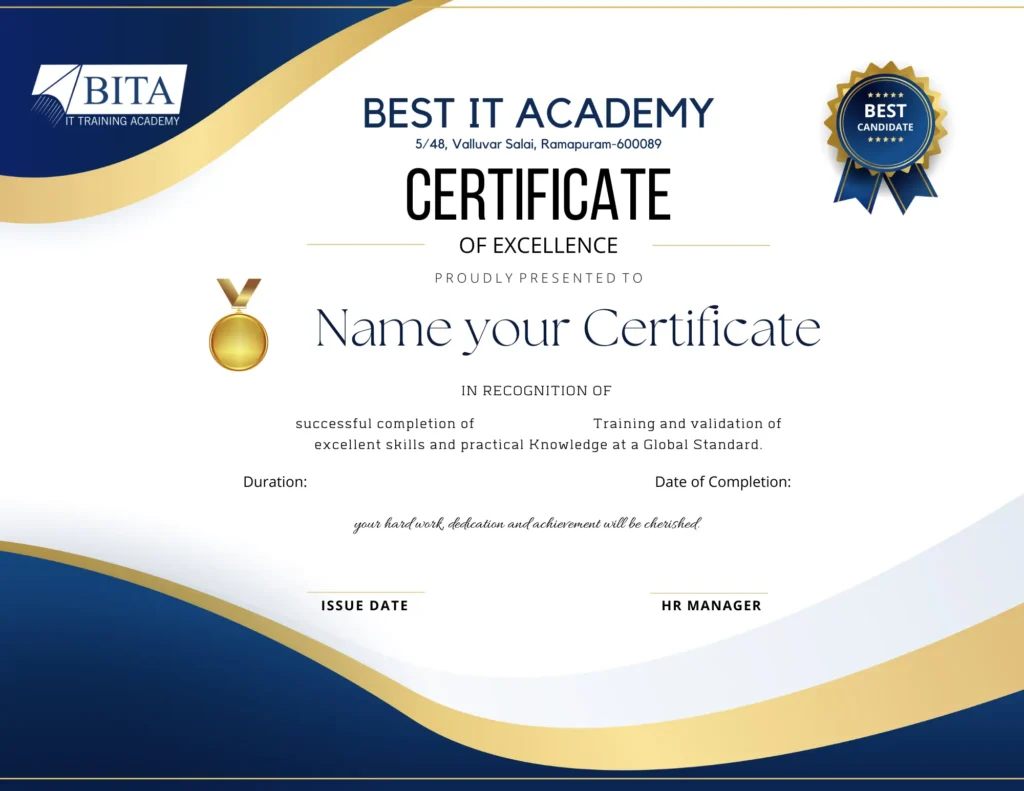
In Big Data, there is more opportunity for certified and trained MongoDB professionals, and applicants are more likely to be qualified and hired. If you plan to take a course at MongoDB, things are going well.MongoDB contributes to increasing demand for financial services, social media, retailers, healthcare and powerful candidates. If you have good knowledge and skills working with MongoDB, you can hire a large company or organization. The job titles are mainly developers and managers. These are permanent positions, and there are always opportunities for promotion. The average pay scale for MongoDB is Rs.18 LPA. Sign up for MongoDB Training in Chennai.
Job you can land with MongoDB
What you will learn?
- Types of NoSQL Database
- Compare NoSQL and SQL
- Deep Dive on Acid and Base Property
- An Overview of CAP theorem
- Benefits of NoSQL DB
- Do you know the basic commands on Mongo shell?
- An Overview of MongoDB
- How to set up a MongoDB environment?
- How to start and stop the MongoDB process?
- How to download MongoDB MSI Installer Package?
- Do you know how to install MongoDB?
- Deep Dive on Basic MongoDB Operations and Commands
- How to install Mongochef (MongoGUI)?
- How to set up shortcuts for Mongo?
- What do you know about documents, collection and databases?
- Compare JSON and BSON
- What do you know about storage engines?
- Read Path
- What do you know about Journaling?
- An Overview of write path and working set
- Deep Dive on Capped Collection
- An Overview of Oplog Collection
- What do you know about TTL Index?
- How to use GridFS?
- Different Data types in MongoDB
- How to insert, update and delete the documents?
- How to query the documents?
- Do you know how to perform Bulk Insert Operation?
- Do you know how to update multiple documents?
- How to limit and filter documents?
- Deep Dive on Query Optimization
- Database Status
- How to troubleshoot issues?
- How to perform current operations?
- Do you know how to rotate log files?
- How to manage users and roles?
- How to copy and clone a database?
- Deep Dive on DB and collection Stats
- Deep Dive on performance tuning
- What do you know about Database sharding and profiling?
- Explain Plan?
- Deep Dive on Profiling
- How to change configuration files?
- How to upgrade the database?
- How to create an index?
- Types of Indexes
- Types of data aggregation
- How to manage Indexes?
- Deep Dive on Index Strategies
- Do you know the use of the MapReduce framework?
- Deep Dive on Performance Tuning
- What do you know about Index Properties?
- Do you know the rule of thumb for Schema Design?
- Deep Dive on different schema design patterns
- Deep Dive on App Data Patterns
- What do you know about Data Modeling Concepts?
- What’s the challenge for Data Modeling in MongoDB?
- Deep Dive on Tree Structure Models
- What do you know about the use cases for data modeling?
- Deep Dive on replication concept
- How to control ReplicaSet member roles?
- What do you know about Voting and Electing Primary?
- What’s the role of Oplog in replication?
- How to read and write concern?
- What do you know about Arbiter, Hidden and delayed replica node?
- How to perform priority settings?
- How to perform a health check for Replica Set nodes?
- Do you know how to resync the nodes?
- How to perform rollbacks during failover?
- Deep Dive on Keyfile Authentication
- How to take backups?
- What do you know about Mongoexport and Mongoimport?
- Deep dive on Mongodump and Mongorestore
- Deep dive on various security concepts and approaches
- What do you know about oplog backups?
- An Overview of database security risk
- Deep dive on LVM Backups
- How to perform backups using MMS and Ops Manager?
- Purpose of Security
- Deep Dive on Authentication and Authorization
- How to perform role based access control?
- Do you know how to integrate MongoDB with Java?
- How to integrate MongoDB with Pentaho?
- Deep Dive on Scalability and Sharding Concept
- What do you know about shard key and chunks?
- How to choose the Shard Key?
- Deep Dive on Sharding Components
- Types of Sharding
- Benefits of various MongoDB tools
- Deep Dive on MongoDB Kubernetes Operator
- What do you know about MongoDB Compass and BI Connector?
- Deep Dive on MongoDB Open Service Broker
Weekdays
Mon-Fri
Online/Offline
1 hour
Hands-on Training
Suitable for Fresh Jobseekers
/ Non IT to IT transition
Weekends
Sat – Sun
Online/Offline
1.30 – 2 hours
Hands-on Training
Suitable for IT Professionals
Batch details
Week days
Mon-Fri
Online/Offline
1 hour
Hands-on Training
/ Non IT to IT transition
Sat – Sun
Online/Offline
1:30 – 2 hours
Hands-on Training
Why should you select us?
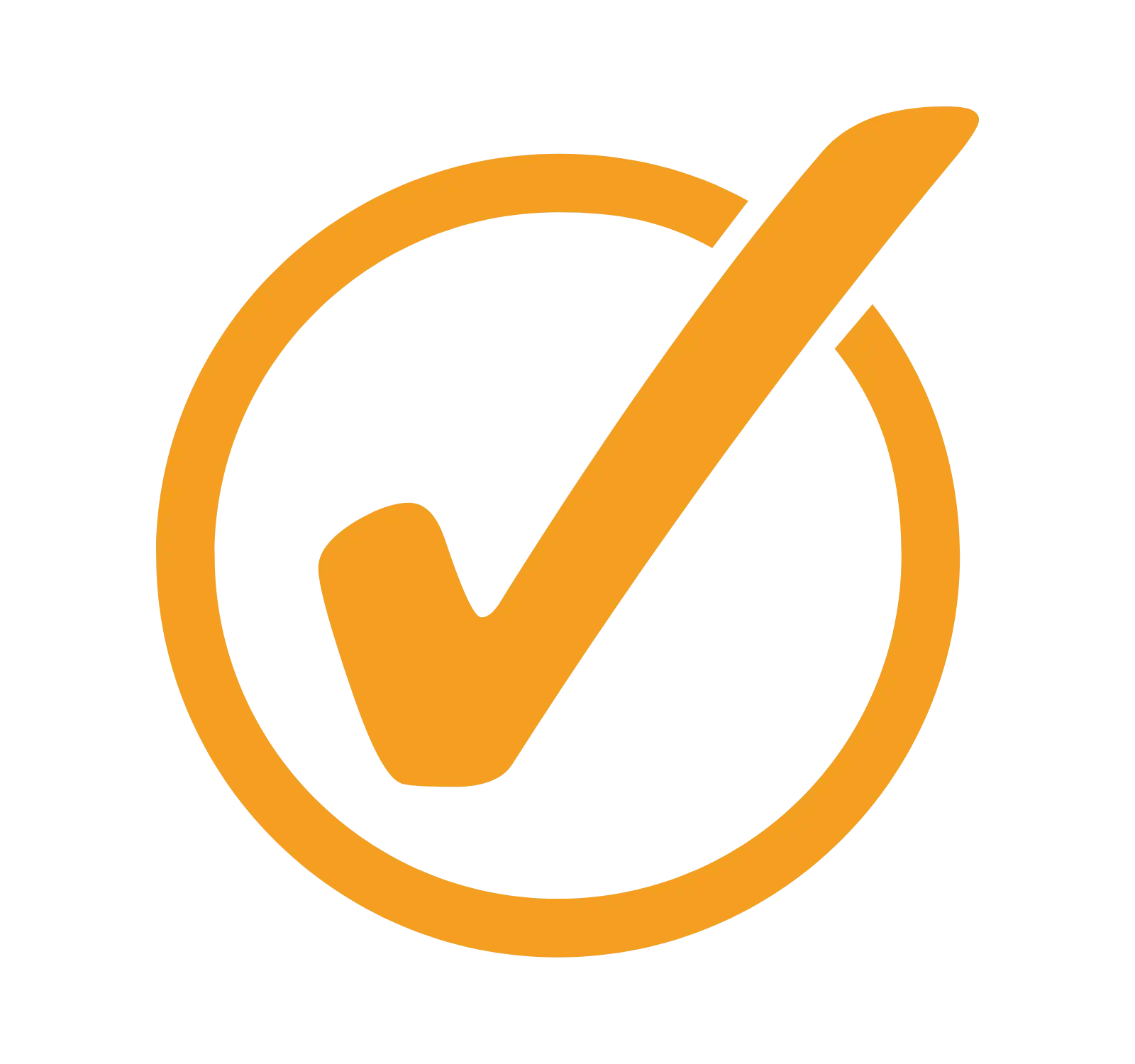





Why should you select Us?







